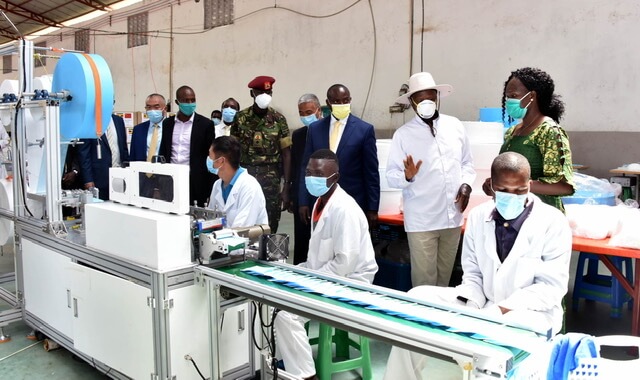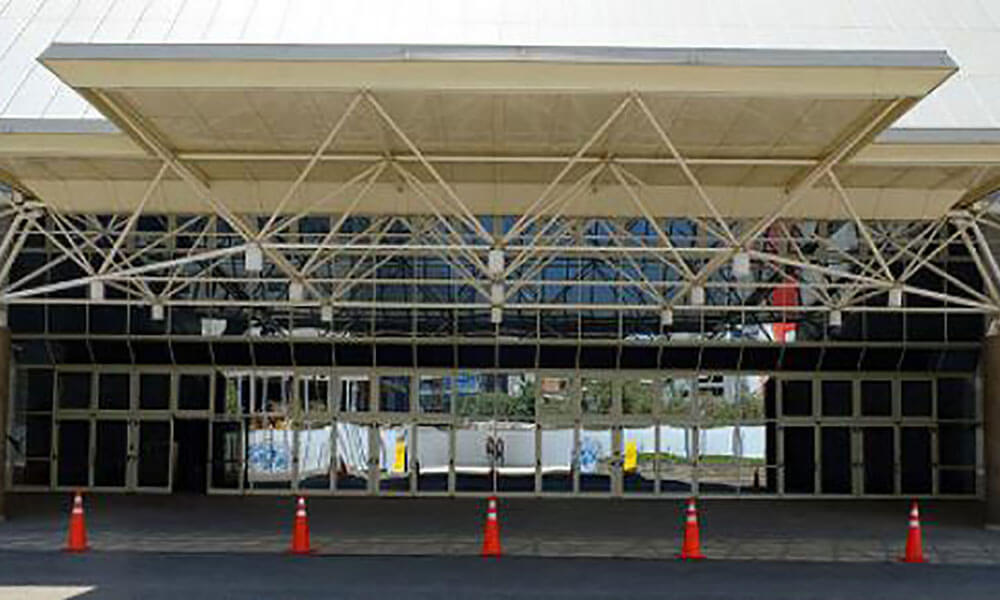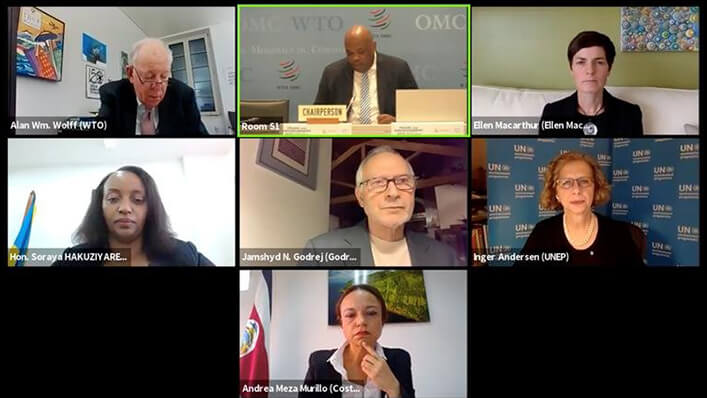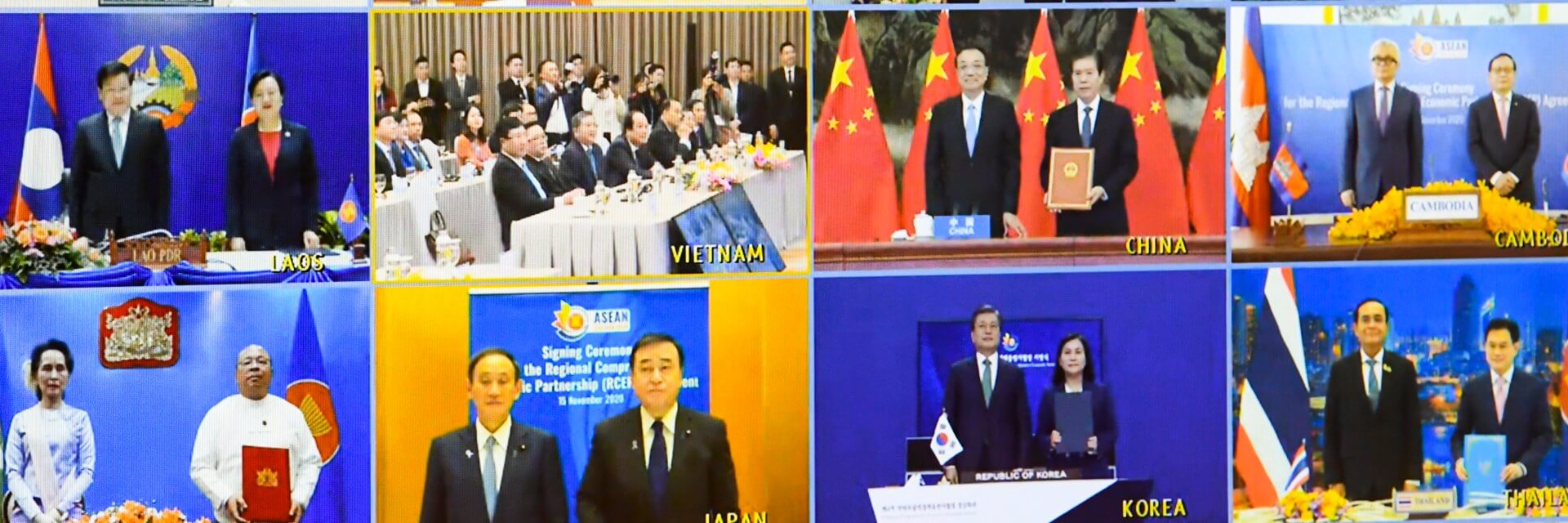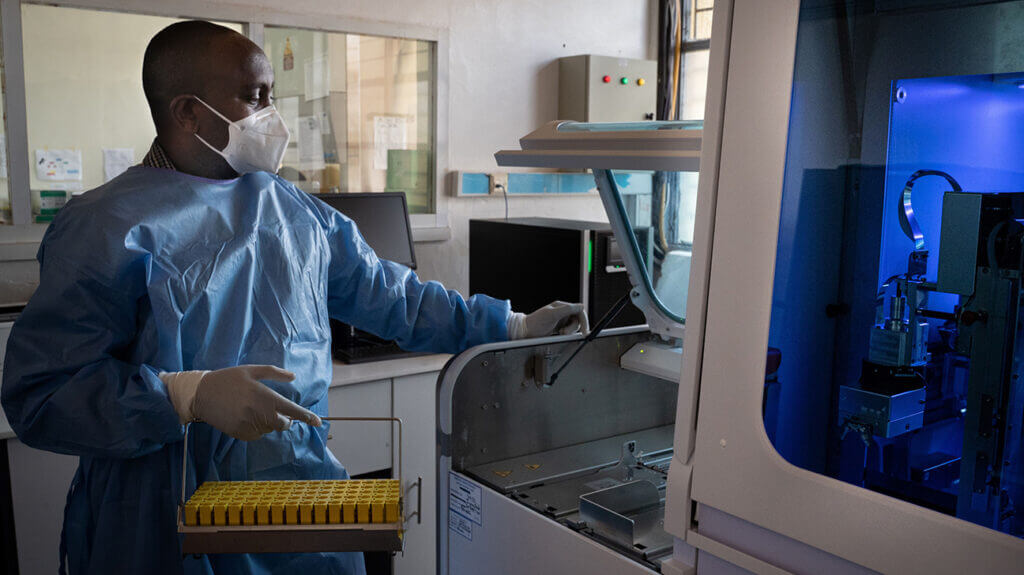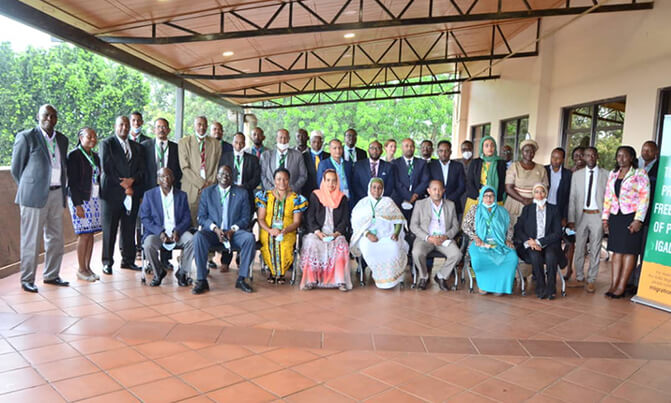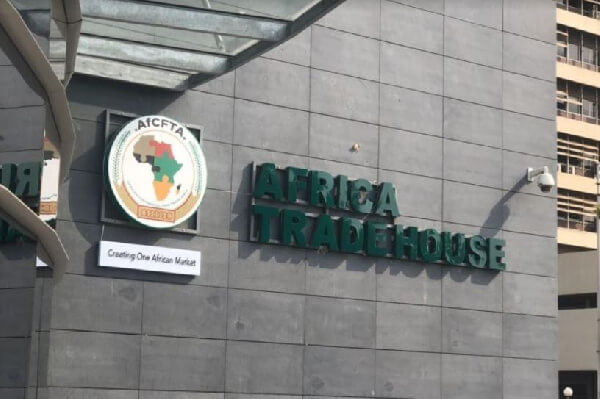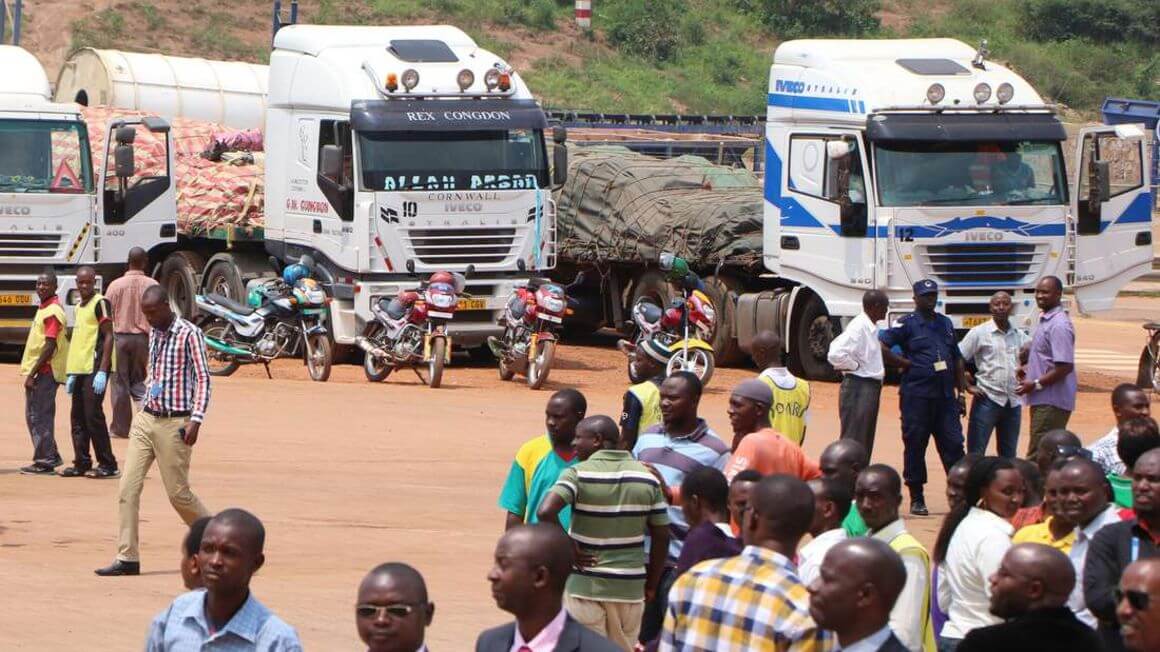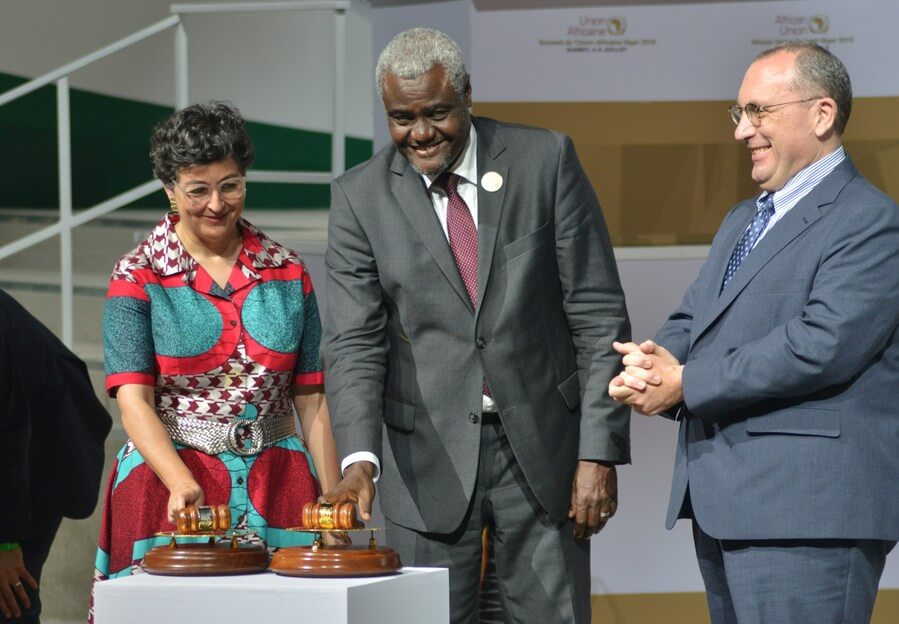African Union Heads of State and Government have underscored the urgent need for member states to kick-start trading activities, under the African Continental Free Trade Area (AfCFTA). The decision was adopted during a virtual meeting of the 13th Extra Ordinary Session of the Assembly of the Union on the AfCFTA, this past Saturday, under the Chairmanship of Cyril Ramaphosa, President of South Africa and Chairperson of the African Union (AU). The summit is taking place just four weeks before the AfCFTA commences trading on January 1, 2021, to consider the adoption of the legal instruments that will facilitate its operation. “Today we stand on the cusp of a new era in the progress of our continent,” said Ramaphosa, adding, “The moment that we have all been working painstakingly towards has finally arrived…We are all filled with a great sense of pride at how far we have come to reach this moment”. All 55 member states of the African Union will be brought together by AfCFTA which allows for market covering of over 1.2 billion people not limiting the growing middle class, and a collective gross domestic product of over US$3.4 trillion. This also makes AfCFTA the world’s biggest free trade area after the establishment of World Trade organisation. AfCFTA has the ability to enhance intra-African trade by 52.3 percent by removing import duties, and also to double this trade if non-tariff barriers are also reduced. AfCFTA seeks to create and achieve unilateral continental market for goods and services, with free...
Free Trade Area: Africa Prepares to Start Trading on January 1, 2021
Posted on: December 9, 2020
Posted on: December 9, 2020

